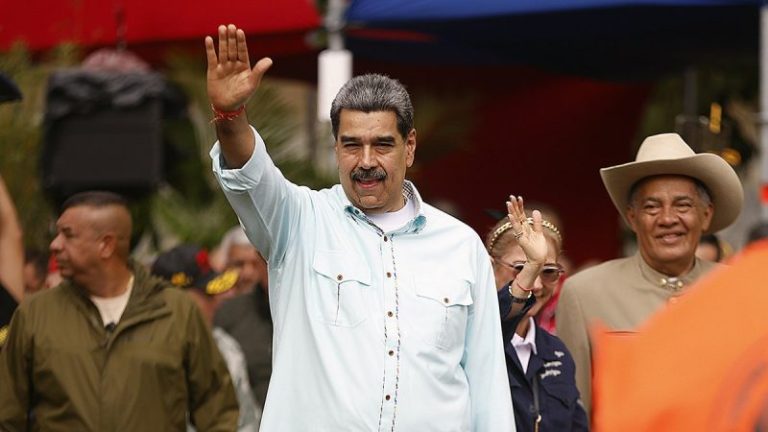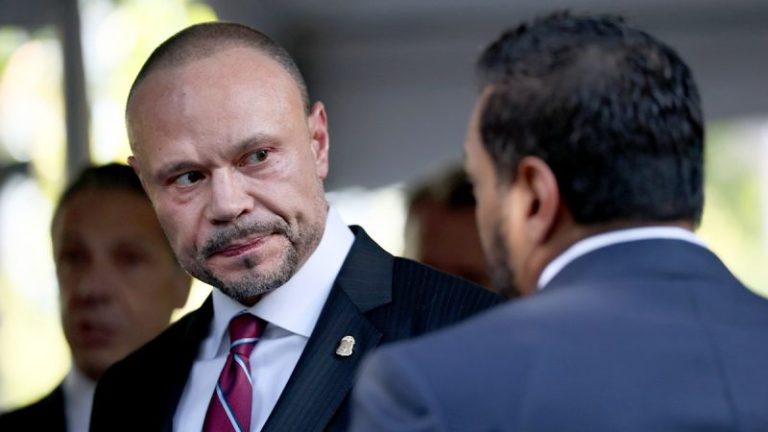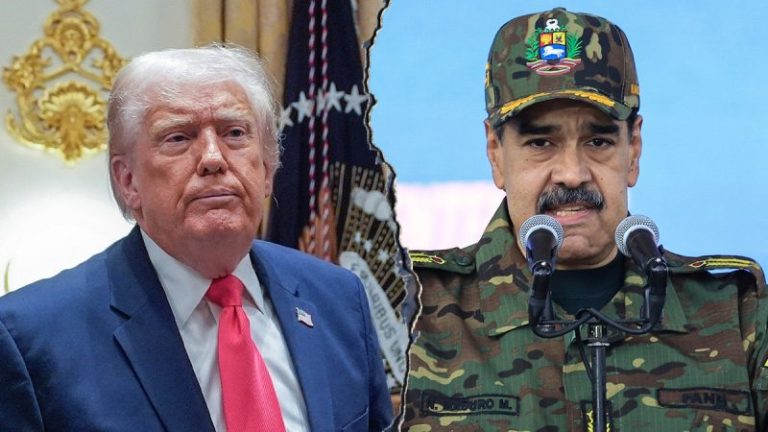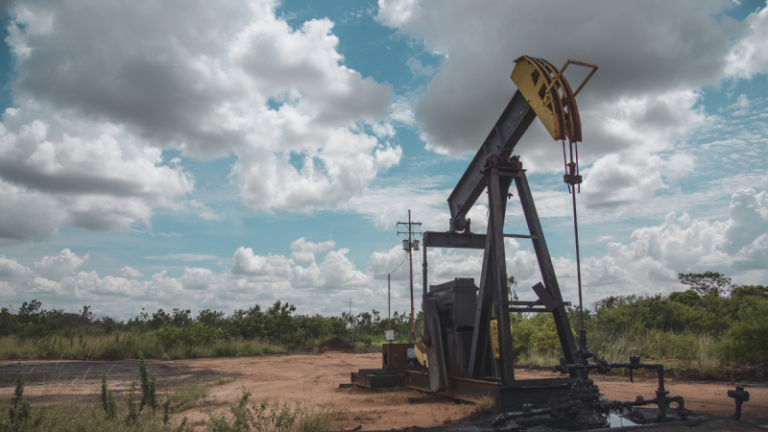Nicolás Maduro Guerra, the son of captured Venezuelan dictator Nicolás Maduro, has pledged his ‘unconditional support’ to the newly sworn-in interim president, Delcy Rodríguez, who served as his father’s vice president.
‘My unconditional support for the very hard task you’ve been given,’ Maduro Guerra, often called ‘Nicolasito,’ said, according to the Canadian Broadcasting Corporation (CBC). ‘Count on me, count on my family, count on our firmness in taking the right steps at the forefront of this responsibility that is now yours.’
Maduro Guerra made the remarks during his first public appearance since his father and stepmother, Cilia Flores, were captured by U.S. forces and extradited to New York. The ousted Venezuelan president’s son, who is himself a legislator, joined other ruling-party lawmakers for a planned swearing-in ceremony of the National Assembly for a term that will last until 2031, The Associated Press reported.
Maduro Guerra condemned the U.S. action, calling it a ‘kidnapping’ and saying that ‘no country is safe.’
‘If we normalize the kidnapping of a head of state, no country is safe. Today, it’s Venezuela. Tomorrow, it could be any nation that refuses to submit,’ Maduro Guerra said, according to the CBC. ‘This is not a regional problem. It is a direct threat to global political stability.’
Rodríguez, who was sworn-in on Monday, has served as vice president since 2018. Despite her objection to the U.S. military action that led to her former boss’ arrest, Rodríguez has vowed to work with the Trump administration.
‘I come with sorrow for the suffering inflicted upon the Venezuelan people following an illegitimate military aggression against our homeland,’ Rodríguez said, according to the AP.
Maduro and Flores were captured by U.S. forces early Saturday morning at their home in Caracas, Venezuela. The Trump administration announced the operation on Saturday after successful ‘large-scale’ military strikes targeting the Venezuelan government. The dictator and his wife are now being held in New York while they wait to face narco-terrorism charges against them. The historic move attracted praise and backlash across the globe, with some questioning the legality of the operation.
China and Russia were among powers that condemned the U.S. operation in Venezuela, while some regional allies, including Argentina, applauded the move.
Venezuelan opposition leader Maria Corina Machado — who won the Nobel Peace Prize in 2025 for her fight for freedom in Venezuela — praised the operation, saying Jan. 3 will go down as a ‘day that justice defeated tyranny.’
‘It’s a milestone, and it’s not only huge for the Venezuelan people and our future, I think it’s a huge step for humanity, for freedom, and human dignity,’ Machado said during an appearance on ‘Hannity.’
‘A free Venezuela means, first, a security ally, dismantling the criminal hub of the Americas and turning it into a security shield, the strongest ally to dismantle all these criminal structures that have made so much damage and harm to our people and to the American people as well,’ she said. ‘Secondly, we will turn Venezuela into the energy hub of the Americas. We will bring rule of law. We will open markets. We will give security to foreign investment. Third, we’ll bring millions of Venezuelans that have been forced to flee their country back home, to build a strong nation, prosperous nation, open society,’ Machado added.
Machado, who has spent more than a year in hiding, has vowed to return to Venezuela.
Fox News Digital’s Maria Lencki and The Associated Press contributed to this report.










